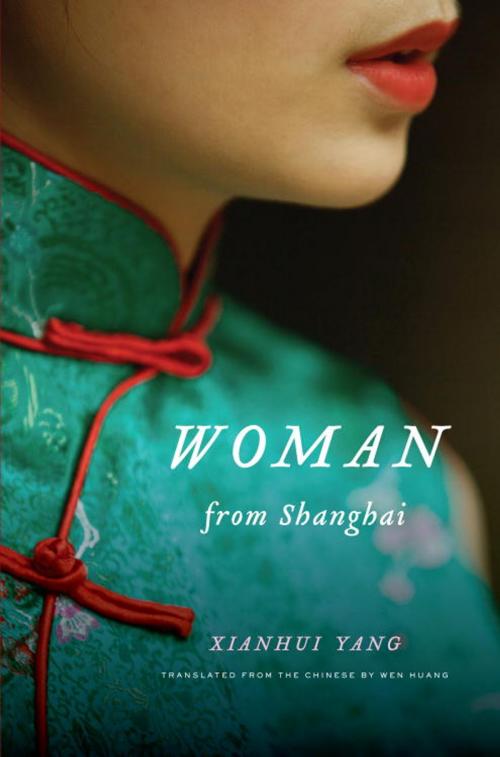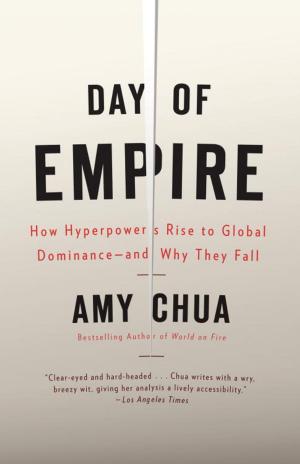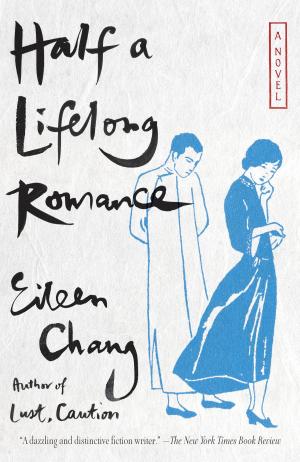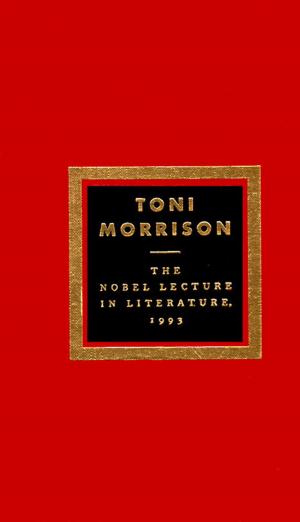| Author: | Xianhui Yang | ISBN: | 9780307378354 |
| Publisher: | Knopf Doubleday Publishing Group | Publication: | August 4, 2009 |
| Imprint: | Anchor | Language: | English |
| Author: | Xianhui Yang |
| ISBN: | 9780307378354 |
| Publisher: | Knopf Doubleday Publishing Group |
| Publication: | August 4, 2009 |
| Imprint: | Anchor |
| Language: | English |
In Woman from Shanghai, Xianhui Yang, one of China’s most celebrated and controversial writers, gives us a work of fact-based fiction that reveals firsthand—and for the first time in English—what life was like in one of Mao’s most notorious labor camps.
Between 1957 and 1960, nearly three thousand Chinese citizens were labeled “Rightists” by the Communist Part and banished to Jianiangou in China’s northwestern desert region of Gansu to undergo “reeducation” through hard labor. These exiles men and women were subjected to horrific conditions, and by 1961 the camp was closed because of the stench of death: of the rougly three thousand inmates, only about five hundred survived.
In 1997, Xianhui Yang traveled to Gansu and spent the next five years interviewing more than one hundred survivors of the camp. In Woman from Shanghai he presents thirteen of their stories, which have been crafted into fiction in order to evade Chinese censorship but which lose none of their fierce power. These are tales of ordinary people facing extraordinary tribulations, time and again securing their humanity against those who were intent on taking it away.
Xianhui Yang gives us a remarkable synthesis of journalism and fiction—a timely, important and uncommonly moving book.
In Woman from Shanghai, Xianhui Yang, one of China’s most celebrated and controversial writers, gives us a work of fact-based fiction that reveals firsthand—and for the first time in English—what life was like in one of Mao’s most notorious labor camps.
Between 1957 and 1960, nearly three thousand Chinese citizens were labeled “Rightists” by the Communist Part and banished to Jianiangou in China’s northwestern desert region of Gansu to undergo “reeducation” through hard labor. These exiles men and women were subjected to horrific conditions, and by 1961 the camp was closed because of the stench of death: of the rougly three thousand inmates, only about five hundred survived.
In 1997, Xianhui Yang traveled to Gansu and spent the next five years interviewing more than one hundred survivors of the camp. In Woman from Shanghai he presents thirteen of their stories, which have been crafted into fiction in order to evade Chinese censorship but which lose none of their fierce power. These are tales of ordinary people facing extraordinary tribulations, time and again securing their humanity against those who were intent on taking it away.
Xianhui Yang gives us a remarkable synthesis of journalism and fiction—a timely, important and uncommonly moving book.















